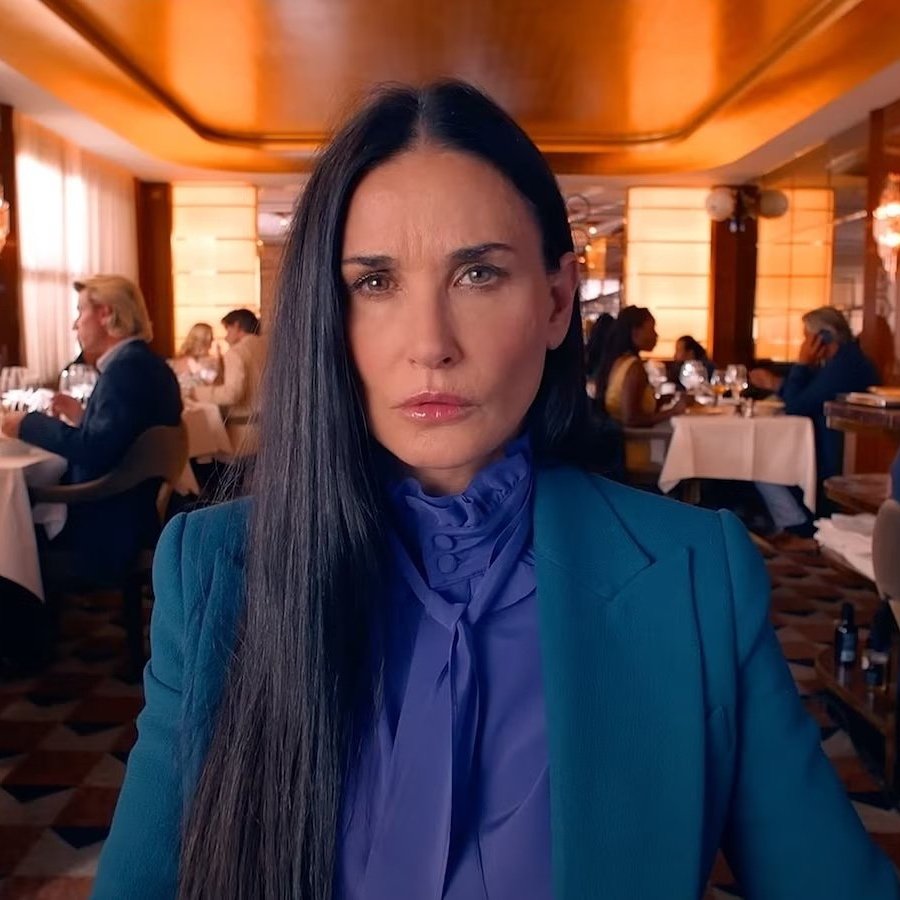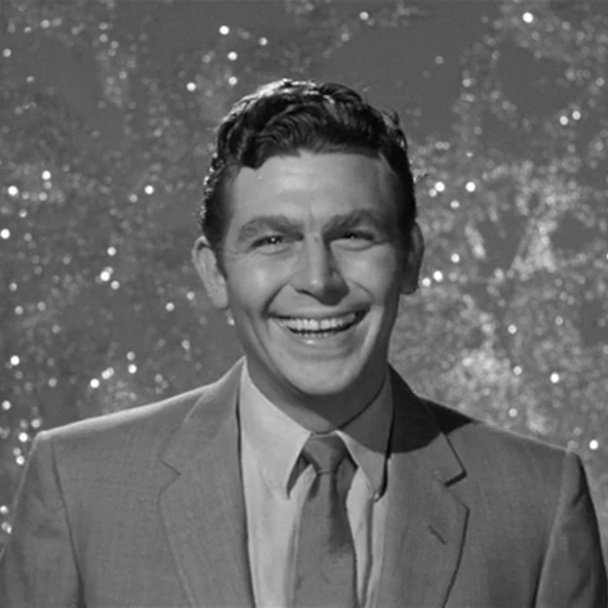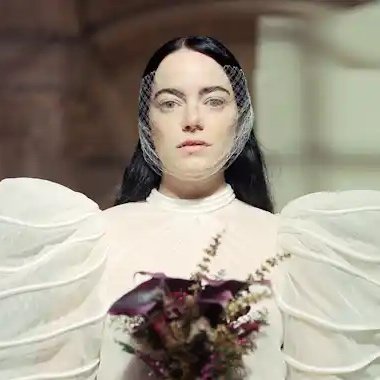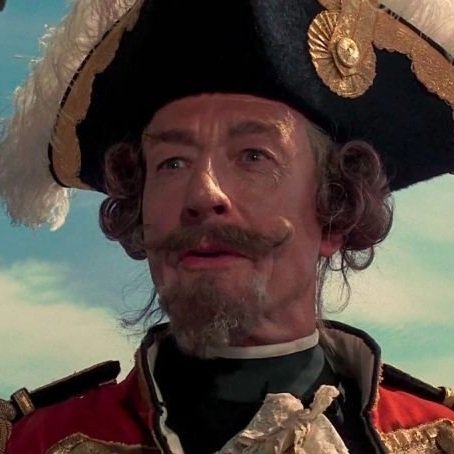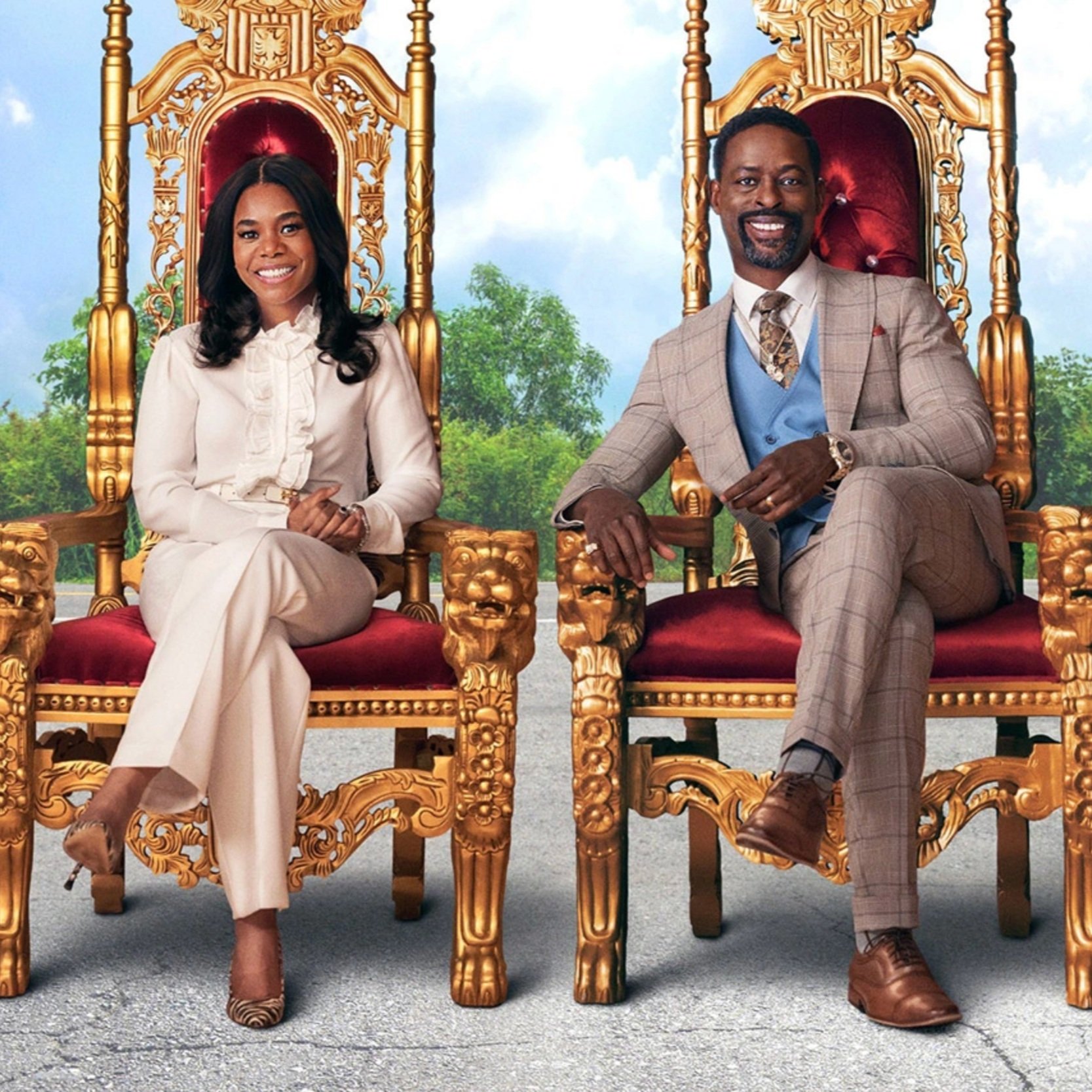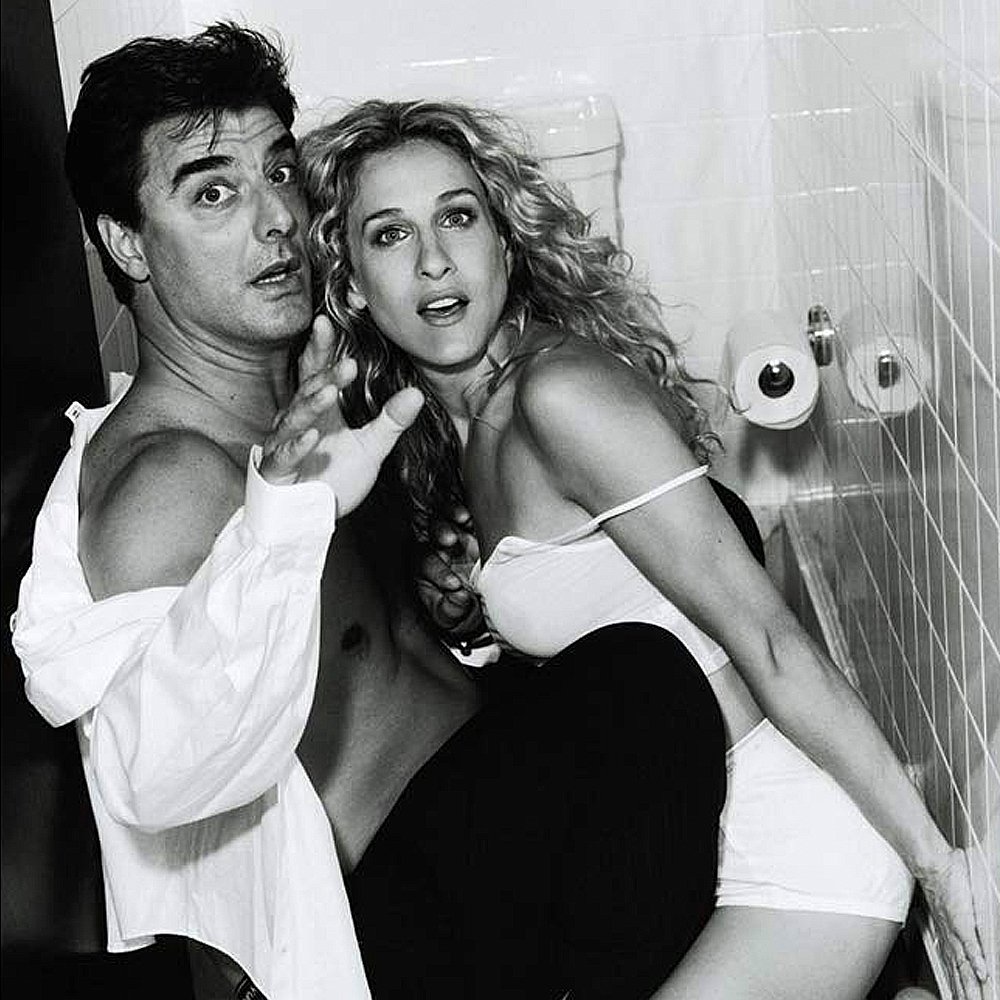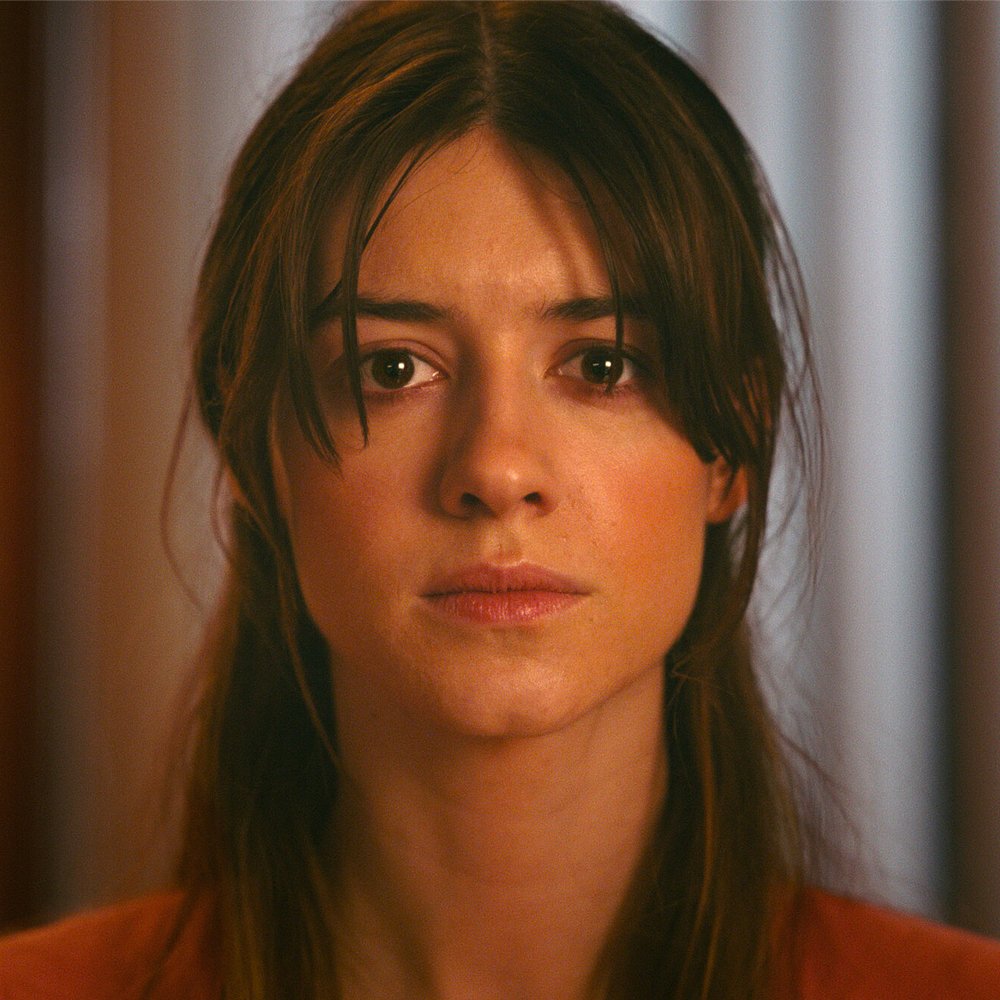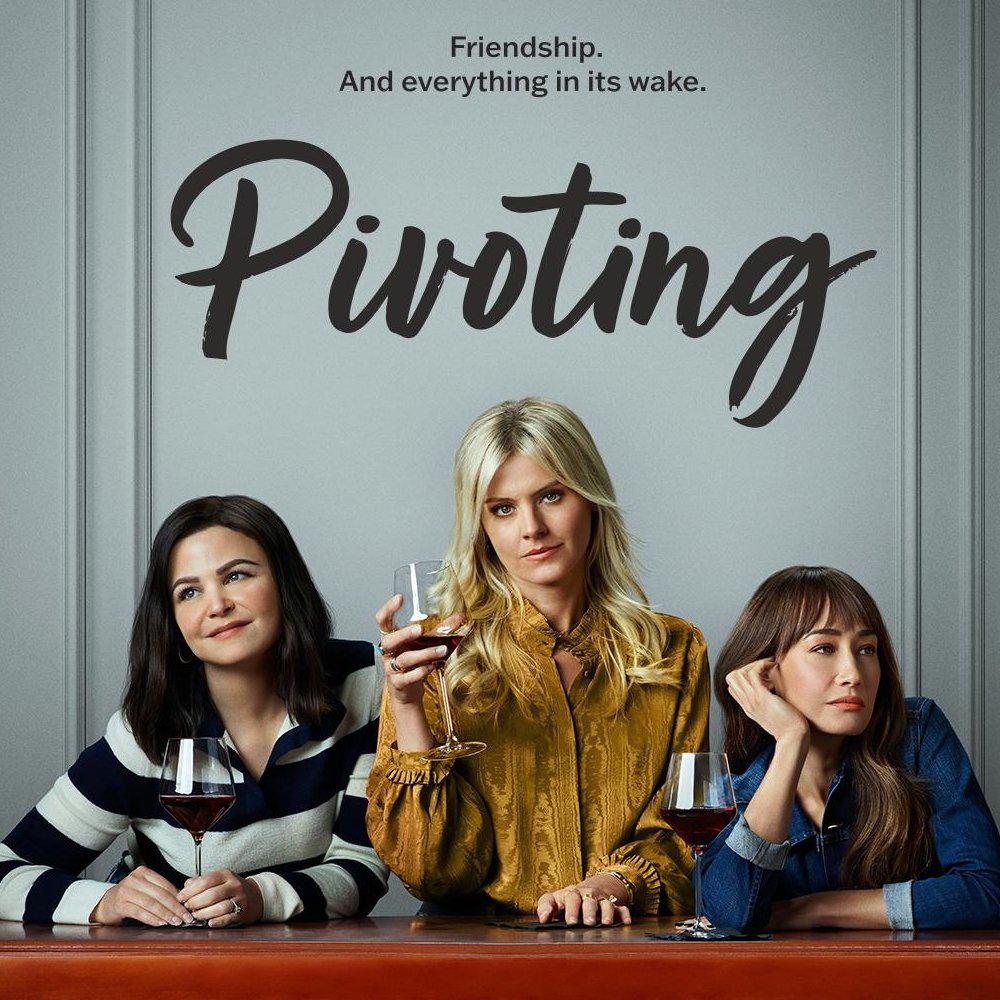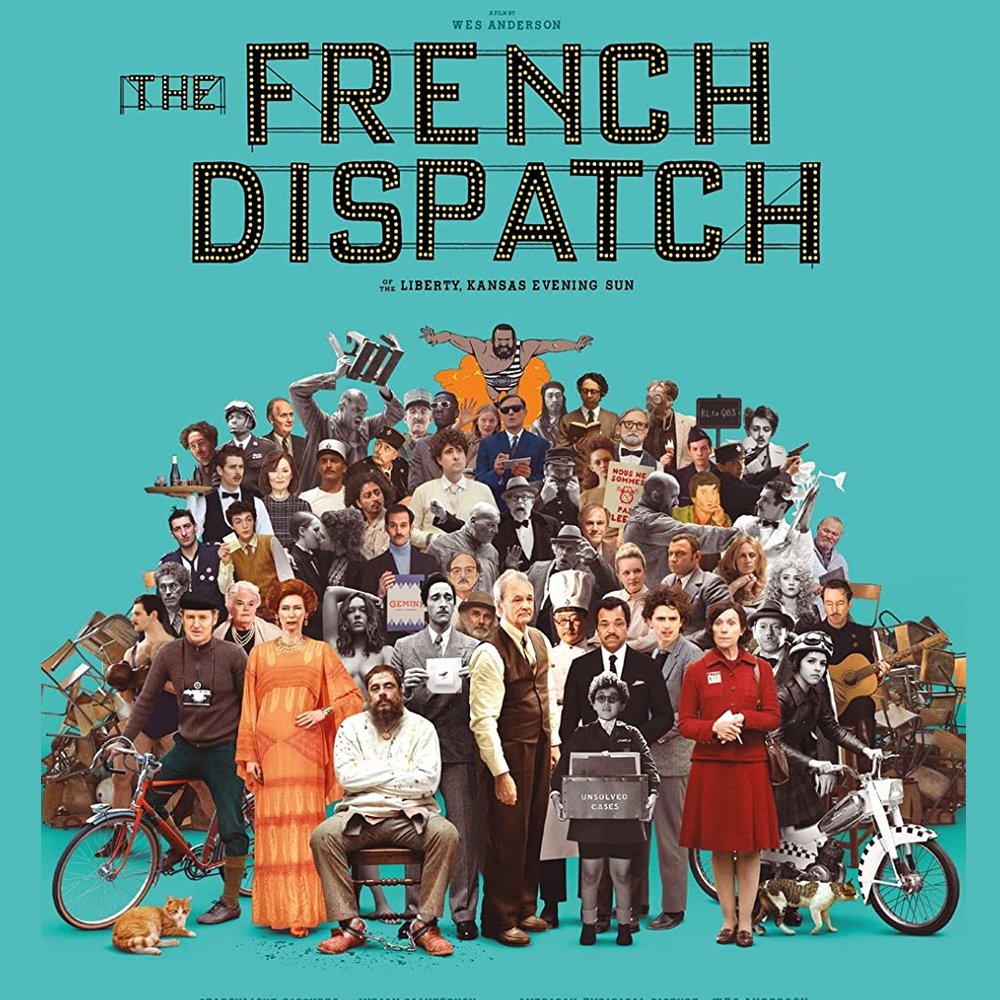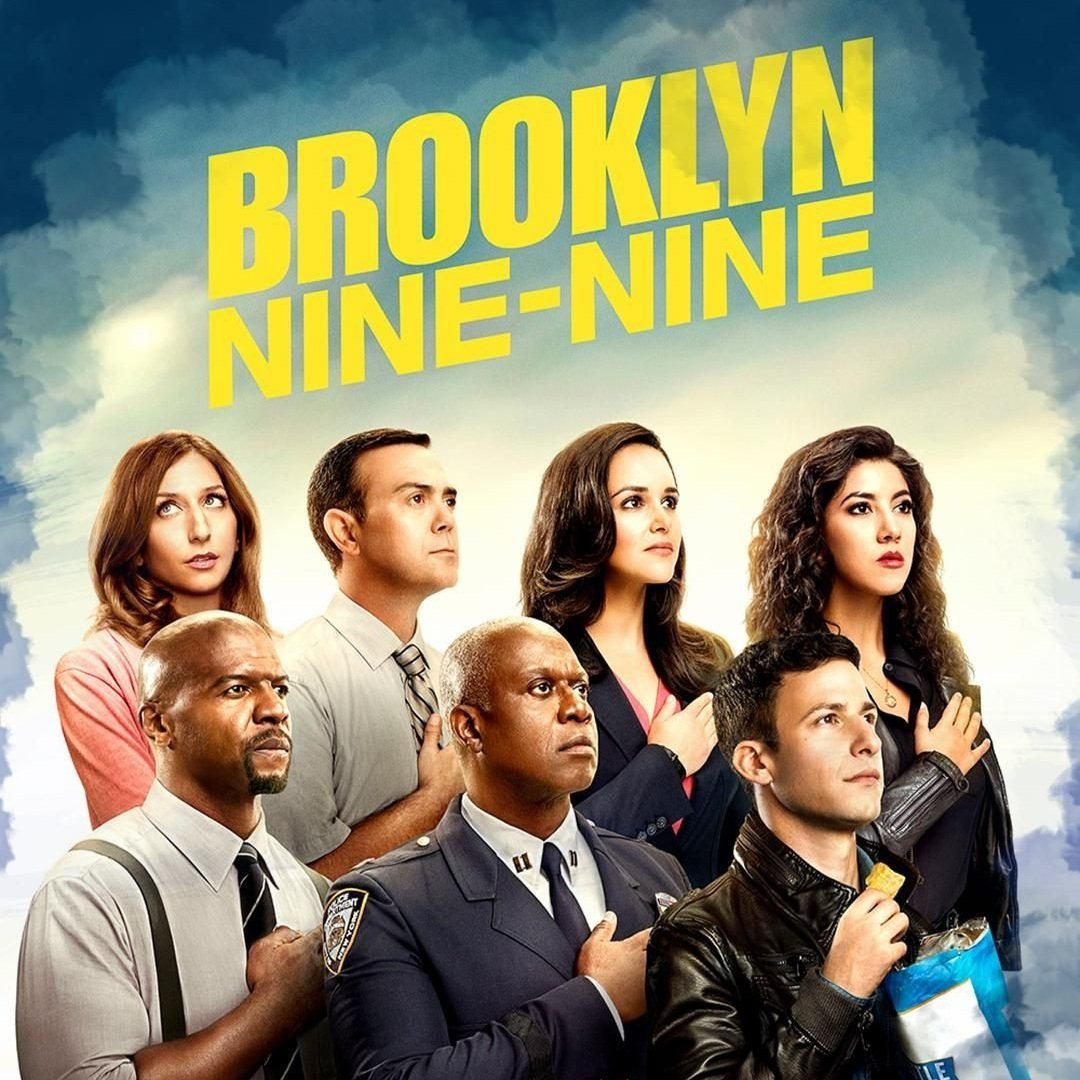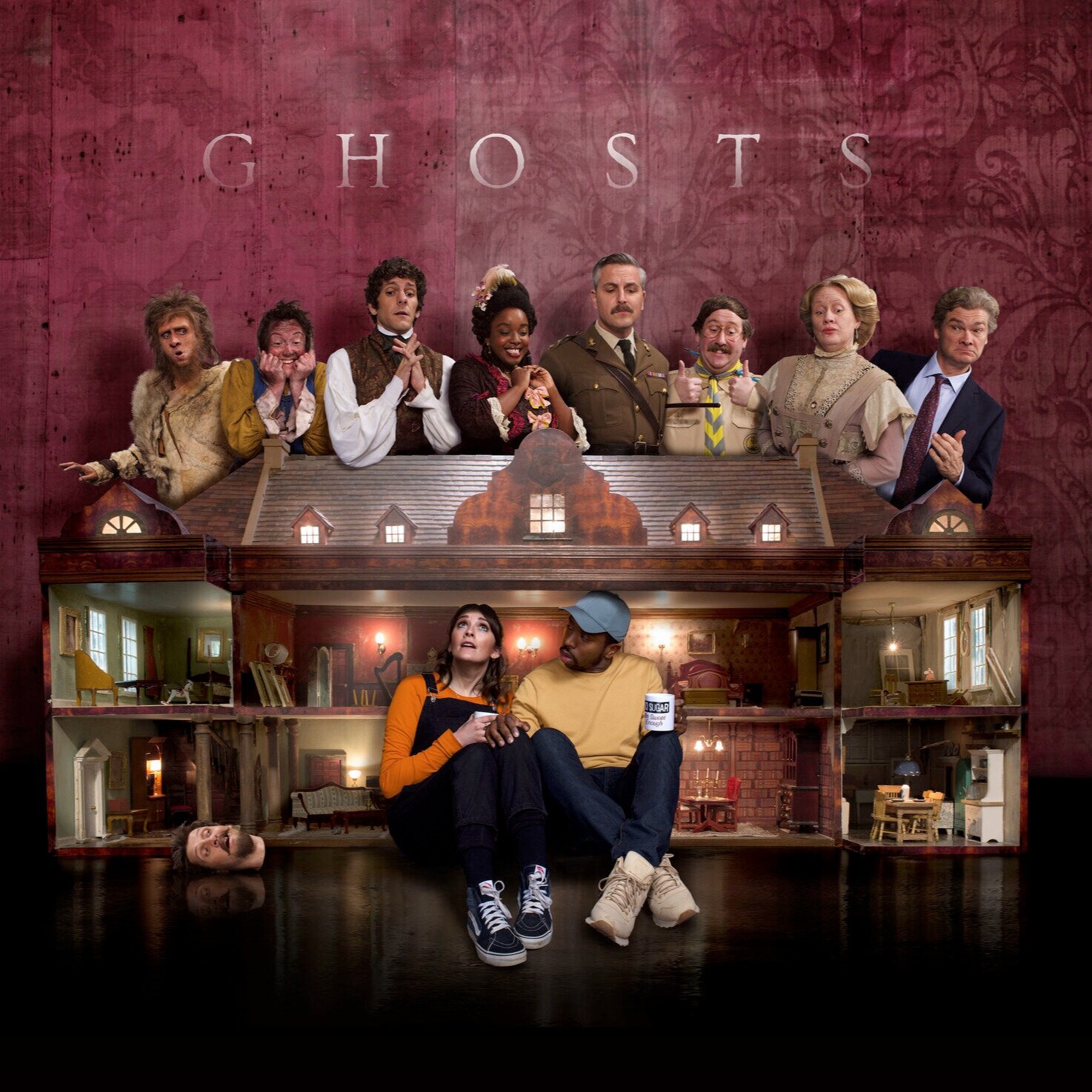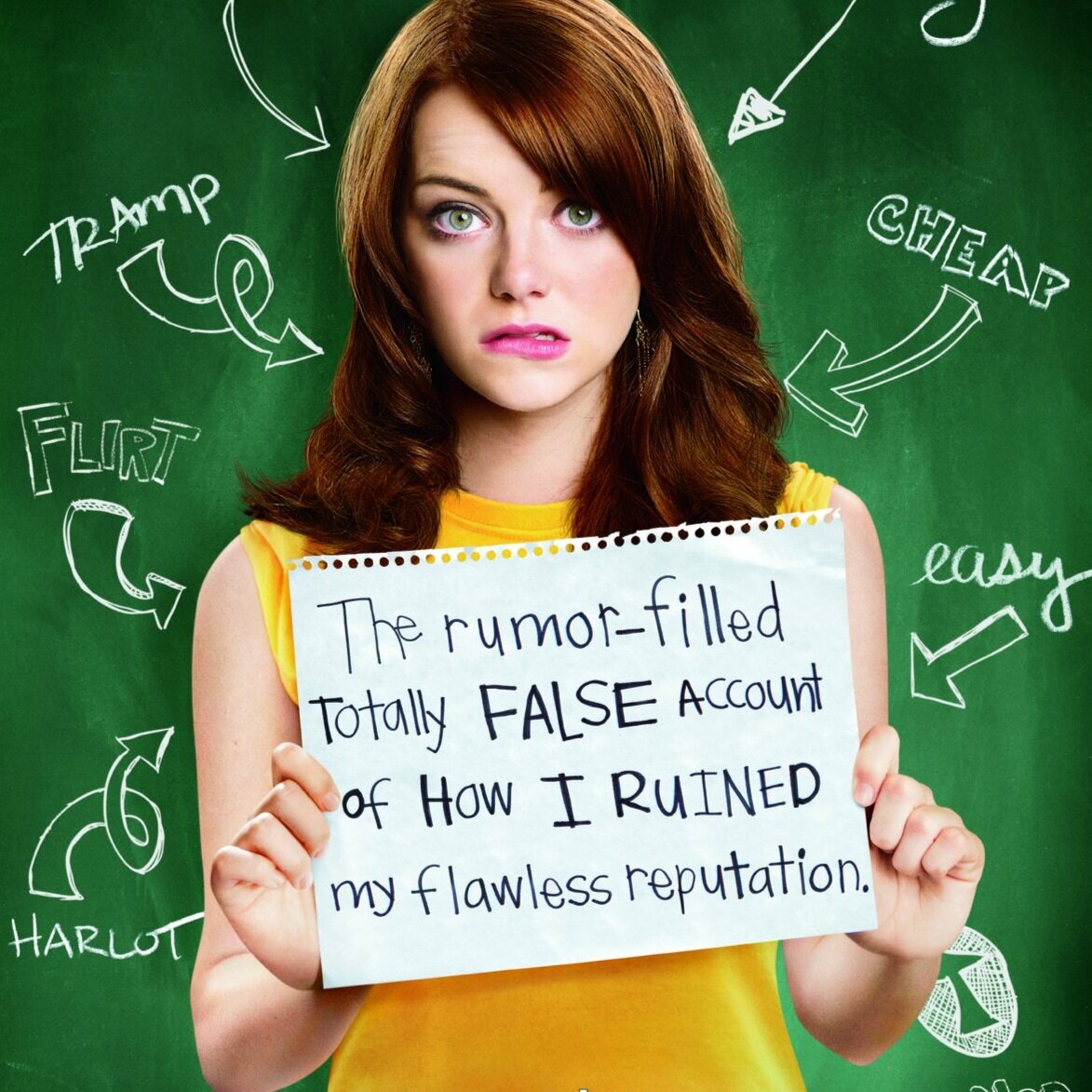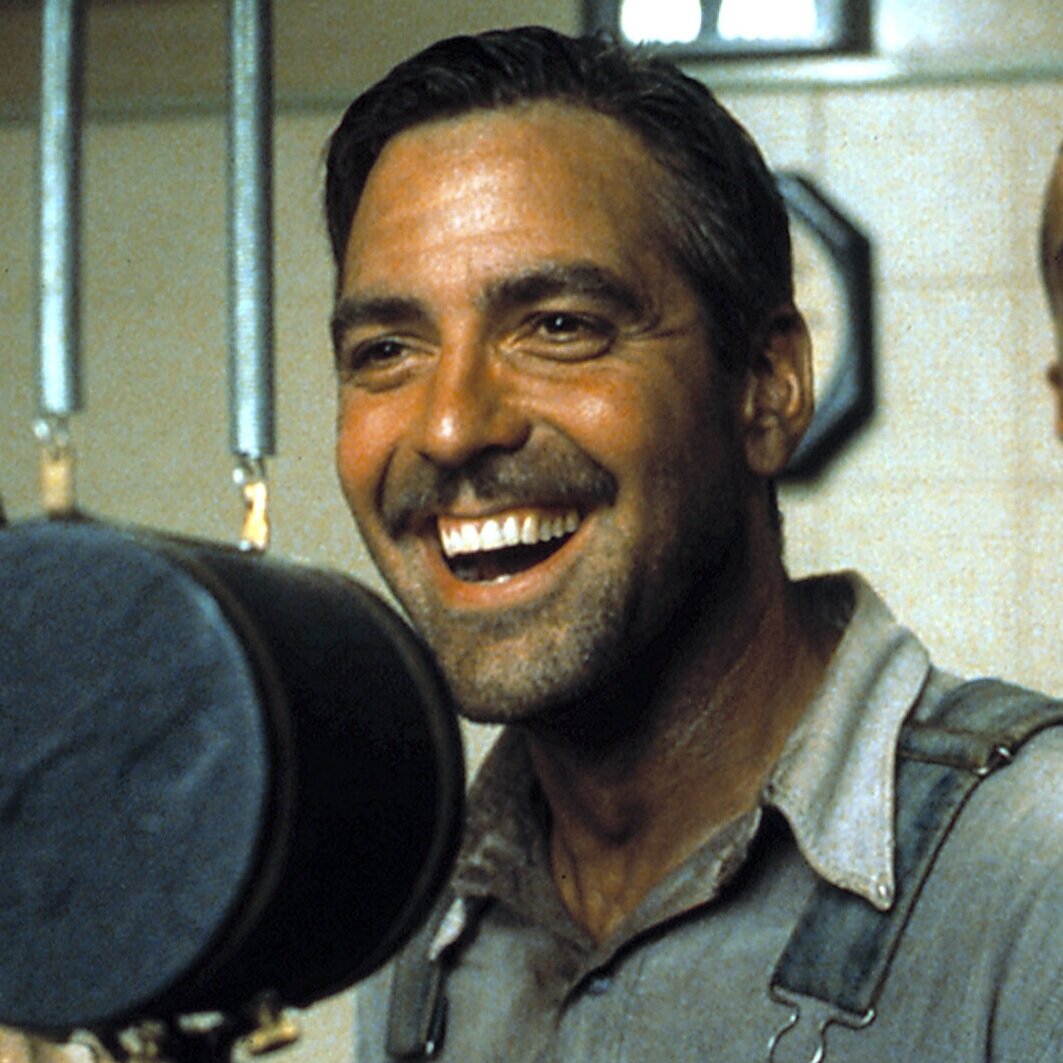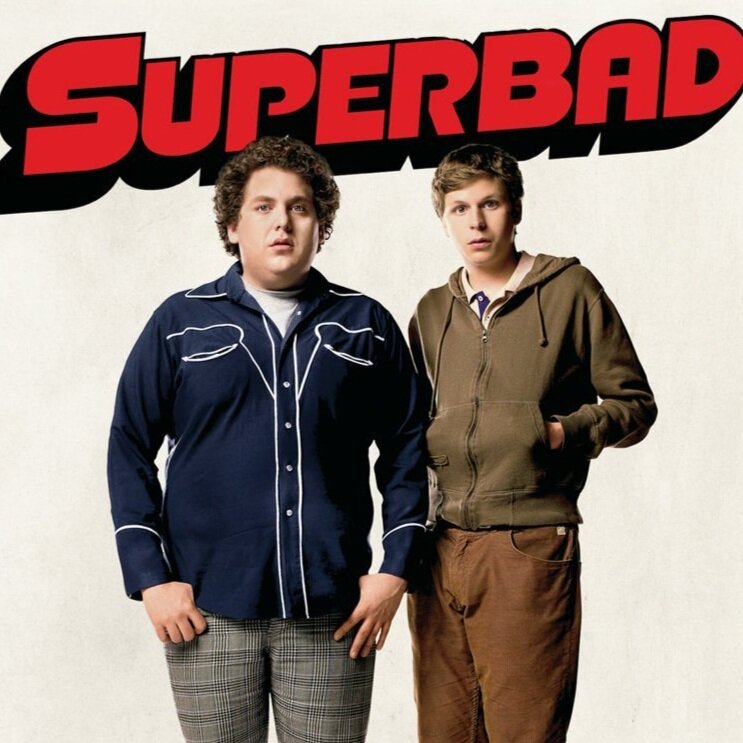The Voyeuristic Faux-Feminism of Poor Things
I’ll be upfront about it: I am not a Yorgos Lanthimos fan. Prior to Poor Things, I had seen a couple of the director’s films (namely The Lobster and The Killing of a Sacred Deer), and, while they were mildly enjoyable watches, they contained very little that stuck with me past the initial viewing. Lanthimos’s strength, to me, seemed to lie in crafting thought-provoking concepts, even when his execution was markedly wanting in depth. Poor Things continues this trend, featuring an intriguing set-up (based off the novel by Alasdair Gray) and a resulting film that is underwhelming eye-candy at best and morally transgressive at worst.
As I started writing this review, I became concerned that I’m not the right person to critique this film. After all, it’s a story about feminist liberation, and I don’t want to suggest that my male perspective has any bearing on that topic. However, one need not delve deep into Poor Things to get at the root of the issues: a film focused on a woman liberating herself from the patriarchy shouldn’t be written by a man, directed by a man, and based on a book by a man. The issue with this blatant lack of female perspective is apparent. I may not be able to provide any more cogent insights on feminism than Lanthimos and Co., but I can easily point out the flaws inherent in their approach.
With that said, I want to first point out the few aspects of Poor Things which I actually enjoyed. This film is undeniably gorgeous. The production design is intricate and each location is immaculately designed - the world of the film feels simultaneously intimate in scale and infinite in scope. I was especially impressed by the scenes taking place on the cruise ship in the middle of the film, where the sky and sea feel unending. The performances, with the exception of Mark Ruffalo’s, are all-around fantastic. Emma Stone does an impressive job, as usual, and Willem Dafoe turns out a typically all-in performance. Additionally, as with other Lanthimos films, I respect the unabashed weirdness of it all. It’s refreshing to see a blockbuster (which at this point, I think it’s fair to categorize a Lanthimos film as) be so unapologetically bold and bizarre without the need to explain itself.
Unfortunately, that’s about where my compliments of Poor Things end. I mentioned the embarrassing gender imbalance in creating the film, which already casts an unfortunate shadow over the whole affair, but I want to set that concern aside for now and examine what the film actually presents. The path to liberation for Bella Baxter (the Frankenstein’s Monster-esque protagonist) is framed primarily through her sexual awakening. Her independence from the patriarchy and male gaze, as represented by Mark Ruffalo’s womanizing Duncan Wedderburn, is supposedly gained by her taking control of her body and desires, breaking free of societal expectations by asserting herself sexually. This sexual liberation, of course, is demonstrated visually through copious raunchy sex scenes which, frankly, come off as near-pornographic. I have no issue with sexual content in film, but when that content is actively contradictory to the themes explored and becomes the entirety of the character, it becomes problematic, as it does here. Not to mention the fact that Bella is a child in all aspects apart from her body. The continual display of Bella’s body to the camera counterproductively frames her as providing primarily pleasure for men (and a single woman in a token lesbian relationship that feels embarrassingly perfunctory - it would have been far more interesting to see Bella’s queerness further explored) as opposed to the self-satisfaction that we are supposed to believe she receives from sex. Her sexual liberation feels like a male fantasy of what feminist liberation ought to look like: Bella reduced to little more than her body and ability to please men.
Beyond this focus on providing sexual pleasure to men, the film’s focus on sexuality is disappointingly one-dimensional. There is no exploration of the deeper emotional or societal aspects of sexuality. There is no acknowledgment of the biology of sexuality for which women are societally shamed. As Beatrice Loayza at The Guardian writes, “If it’s so feminist, where’s the menstrual blood? The armpit hair?”.
A film focused on feminist liberation should undoubtedly be an intersectionalist film, as well. There’s a brief acknowledgment of class division and labor exploitation as Bella briefly feels guilt for her life of luxury upon learning of the class of deeply impoverished people, but the guilt quickly dissipates after she gives them some money. That short episode is all the intersectionality that can be found in Poor Things, as other issues are swept away to focus solely on the sexual awakening of an upper-class white woman. For a supposedly feminist film, Poor Things fails on practically every level in providing a truly progressive narrative.
The most intriguing part of Poor Things, to me, is the relationship between Bella and her creator, Dr. Godwin Baxter. Dr. Baxter created Bella by pulling a pregnant socialite’s body out of the river after a suicide and implanting the brain of the fetus into the grown adult body. Yet, despite this extremely morally dubious origin, Bella continues to feel a strong connection to her creator. There’s potential here for an interesting exploration of what parents and children owe to each other, but, of course, that potential is wasted by having Bella diffuse the narrative tension with a simple “I forgive you” to Dr. Baxter, absolving him of his moral (and probably legal) crimes.
Poor Things is a tragic missed opportunity. There are so many ways this film could have gone better on the narrative level, but it forgoes those paths at every opportunity in favor of a voyeuristic, faux-feminist fable. It’s a shame that such great performances and astounding production design were wasted on such an unfortunately insipid story. Especially baffling to me is the popular and critical acclaim which Poor Things has received; it almost seems as if the current film landscape is so starved for innovation that even the most superficially boundary-pushing works are held up as exemplars of progress. But Poor Things is anything but progressive - it’s a film presenting transgressive ideas of sexuality and intersectionality under an alluring sheen of liberation, and it’s this kind of film that is most seductively dangerous. We need to hold filmmakers accountable for the stories they choose to tell, and I hope that we will see more nuanced, truly feminist films than this in the mainstream in the near future.
Popular Reviews








